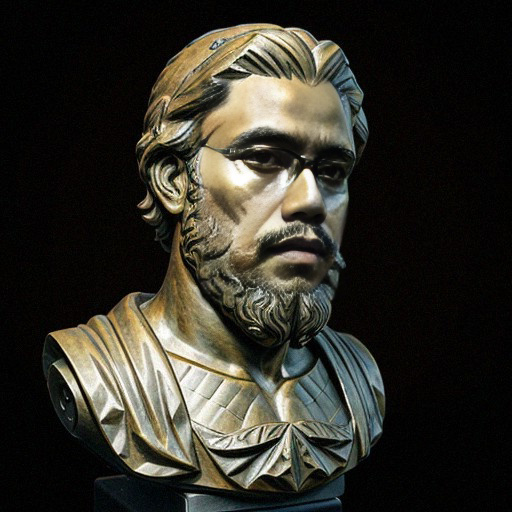How do you know about Marx?
1-What is the result or benefit of categorization of Marx’s periods of life?
We can know the map of his thought, from philosophy assumtion into sosiology and economy theoretical foundation.
2- At first, named Marx’s assumptions and then explain one of them which is interesting for you?
Assumptions:
1. Social existence determines consciousness
2. Material existence determines non-material existence
3. Society is rooted in the material conditions of life
4. Dialectic: superstructure and substructure = evolutionary development
Material existence determines non-material existence. Human consciousness does not determine their existence. On the contrary, it is human’s social existence that determines their consciousness.
3-What is the result of Marx’ theory of revolution?
Dictatorship of the proletariat
First and second view
1-What is the characters of First view? Explain it to referening one example
1. First View: Economic determinists
These scholars give a lot of importance to economy. Marxists who believed in economic determinism, considered capitalism collapse as inevitable. In their view, Marxism has the potential to make a scientific theory about this collapse, relying on the power of predicting physical and natural sciences. The only thing that an analyst should do is to examine structures of Capitalism, especially economic structures. Friedrich Engels, a colleague and supporter of Marx, as well as people like Karl Kautsky and Edward Bernstein, paved the way for such interpretation of Marx’s theory (Ritzer, 2007: 193). Agger argues that this view, that is the economic interpretation of Marx’s thought reached its climax in the period between 1994- 1884.
2. New Marxist Economic Sociology:
This group, like the first one, has focused on the economy. However, they believe there is a great difference between capitalism in Marx’s time and that of their own time. Among the experts in this field one can name Paul Baran and Paul Sweezy writers of the book titled “Monopoly Capital” as well as Harry Braverman writer of “Labor and Monopoly Capital” (Ritzer, 1386: 237).The central argument of Monopoly Capital is Comparing Marx’s Capitalism, known as Competitive Capitalism, with Capitalism of the writers’ time(Baran and Sweezy) in 1966, known as monopoly capitalism.
2- Please compare first view and second view?
Monopoly Capitalism
Competitive Capitalism
1. This means that one or more capitalists would oversee and supervise a certain part of the economy.
2. Competition goes from the realm of prices into sales. Advertising, packaging and other methods of attracting potential consumers are the only areas of competition
3. The emergence of gigantic companies and the central place of managers in corporations.
4. The ability to create and use an economic surplus . 1. capitalist industries are relatively small and as a result, no single industry or small group of industries couldn’t have complete and uncontested supervision on market
2. Organizations compete based on price
Ways to use economic surplus:
1. One of these ways is to give large salaries to managers and huge dividends to shareholders.
2. Improving technology and foreign investment
3. Increasing sales services
4. The loss of surplus in two ways. One is using the surplus for non-military purposes such as having millions of workers in government jobs. Another way is to spend the surplus for government’s military expenditures (Ibid: 238).
Third view
1-What was the advantage of “the history of the Frankfurt School of thought” for you?
3-Third view
The third view in interpreting Marx school of thought is that unlike economic determinists, it does not have a unilateral emphasis on economy in analyzing social issues. It does not also, as Hegelians do, insist on human mind and its products.
the third view tries to create an integrated approach between the two previous perspectives. One of the best-known examples of this perspective is the Frankfurt School of thought.
